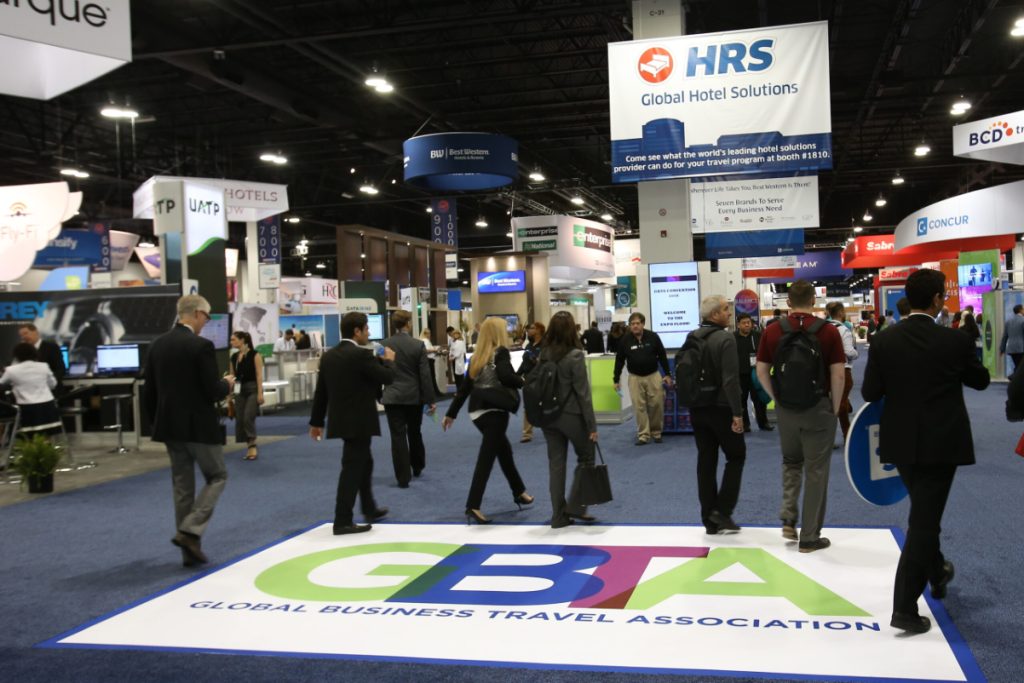Corporate travel spending is expected to reach pre-pandemic levels by the end of this year, according to TravelPerk, a business travel management startup. However, the nature of who is spending on corporate travel has changed. Small- and medium-sized businesses have reduced their corporate travel expenditures due to sluggish same-store sales, sustained inflation, and higher interest rates. On the other hand, global multinationals have continued to travel. The U.S. has proven to be the most resilient market, leading TravelPerk to invest more than 50% of its resources in this region.
Despite the surge in demand for leisure travel post-pandemic, the recovery of corporate travel has been slower. While there has been some blending of business and leisure trips, bleisure – the combination of business and leisure travel – has not been as prevalent as anticipated. TravelPerk offers bleisure options, but these are not widely utilized. Some companies are not interested in extending their stay in less attractive destinations, focusing on completing the job at hand and returning home quickly. Bleisure is considered more of a hype than a reality in the business travel sector.
Mergers and acquisitions have become more common in the business travel market as companies seek to overcome the high barrier to entry in the industry. TravelPerk has acquired several companies in recent years, including UK-based Click Travel, risk management startup Albatross, and U.S.-based NexTravel. Consolidation in the industry allows companies to leverage their technology, contracts, and negotiations more effectively. Despite the higher cost of deals due to high interest rates, the appeal of these acquisitions to banks and private equity firms remains strong.
Artificial intelligence is expected to play a significant role in solving backend complications in travel management. AI will primarily focus on improving post-booking processes, such as trip modifications and cancellations, to enhance productivity. TravelPerk has integrated AI into its system to manage unsolicited modifications or cancellations from airlines, reducing the need for manual intervention. The use of AI in travel management is expected to revolutionize the industry, leading to increased efficiency and cost savings for travelers.
While some industry experts believe that bleisure is not a major trend in corporate travel, others have reported longer stays in cheaper destinations due to the flexibility of hybrid work. The Global Business Travel Association found that more than 40% of corporate travelers added personal days to their business trips. Despite differing opinions on the prevalence of bleisure, the demand for business travel is expected to recover fully by the end of this year. Companies are adapting to the changing landscape of corporate travel and exploring new technologies, such as AI, to enhance the travel experience for their employees.
Overall, the business travel sector is witnessing a shift in spending patterns, with small- and medium-sized businesses cutting back on travel expenses, while global multinationals continue to prioritize travel. The U.S. market has shown resilience, prompting companies like TravelPerk to focus their investments in this region. Mergers and acquisitions are on the rise in the business travel industry, driven by the need to overcome barriers to entry and achieve economies of scale. Artificial intelligence is expected to play a crucial role in streamlining travel management processes and enhancing the overall experience for travelers. Despite challenges, the recovery of corporate travel is expected to be robust in the coming months.


